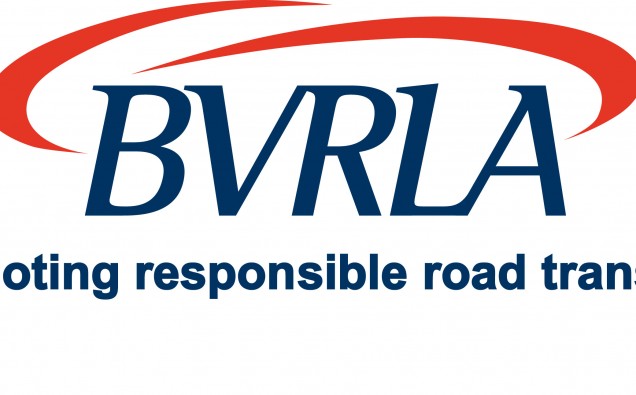The new Vehicle Excise Duty (VED) regime will hit the car rental industry with a 400% tax rise, damaging its ability to purchase the newest, cleanest vehicles and provide affordable mobility to millions of customers.
A new report from Oxford Economics, commissioned by the British Vehicle Rental and Leasing Association, has found that the rental sector will be unfairly hit by the government’s decision to increase VED rates and remove the ability to claim a refund for any unused first-year tax from 1 April 2017.
The report found the average duty paid for rental cars, which have a typical fleet life of nine months, will rise from £36 in 2016 to £170 from April 2017. As a result, the rental sector’s overall first-year VED bill will rise 400%, from £11m in 2016 to £55m in 2017, with the lack of refund responsible for £14m of this.
In its 2017 Spring Budget submission, the BVRLA has called on the Government to defer or stagger the VED increases and retain the ability for owners to obtain a full refund of any tax outstanding when a car is sold in the first year.
“Our members are facing a 400% increase in one of their main tax bills, and the inability to claim a refund on any unused portion of the VED is totally inconsistent with usual UK tax policy,” said BVRLA Chief Executive Gerry Keaney.
The car rental sector purchases around 324,000 cars each year, but this number is now likely to fall as companies lengthen their operating cycle in an attempt to reduce the cost impact of the new VED regime. An analysis of BVRLA member data indicates that the industry will buy 24,800 fewer cars in 2017, which will have a major knock-on effect on the environment.
“Rental companies account for a substantial proportion of new, low-emission car purchases in the UK, and if these changes go through, the Government will seriously damage its green agenda and air quality goals,” said Keaney.
The vehicle rental sector helps drive the uptake of newer, cleaner vehicles in the UK, with the average car being Euro 6 compliant and emitting 22% less CO2 than its privately-owned counterpart. The VED changes will slow the rate at which these cleaner cars are brought on fleet and subsequently sold into the second-hand market. This could have a particular effect in the urban areas of London, Birmingham and Manchester, where around 25% of rental cars are located.
Car rental also provides an affordable alternative to car ownership for people that want access to a vehicle but also want to rely more on public transport, walking and cycling.
“Our research* shows that rental customers are much more likely to use a train, bus or bicycle on a regular basis. This tax hike is likely to lead to price rises for these customers at a time when the UK government is trying to encourage people out of reliance on the motor car,” added Keaney.
Further analysis from Oxford Economics shows that the reduction in car registrations – around a third of which are manufactured wholly or partly in the UK – will have a significant impact on the UK automotive sector and wider economy. The equivalent purchase of 24,800 cars contributed £84m to UK GDP, supporting over 1,270 jobs and raising nearly £23m in tax receipts in 2016.
There is also a significant potential VAT loss resulting from fewer cars being purchased and thus disposed of in 2017. Using an average rental car disposal price of £17,800, the BVRLA calculated that the Exchequer could be hit by a VAT shortfall of almost £74m this year.





















